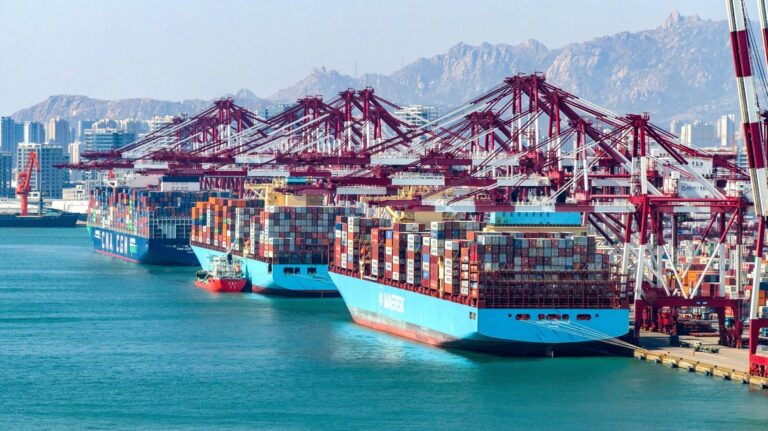🎧 Listen to This Article
LONDON – The International Maritime Organization (IMO) is set to hold crucial talks this week in London, with discussions about the potential for implementing the world’s first-ever global emissions tax for the shipping industry. With shipping responsible for about 3% of global carbon emissions, the IMO is weighing measures like a global marine fuel standard and a carbon levy, which could be transformative for climate policy.
The proposed carbon levy or carbon credit scheme has garnered significant attention as one of the most ambitious environmental policies to date. However, the idea has faced resistance from countries such as Brazil, China, and Saudi Arabia, which cite concerns over economic competitiveness and rising inequalities.
Context & Background – Historic Talks on Decarbonization
The IMO’s Marine Environment Protection Committee (MEPC) is tasked with hammering out regulations to drastically reduce the climate impact of international shipping, one of the hardest sectors to decarbonize due to its heavy reliance on fossil fuels. The United Nations shipping agency aims to bring the sector in line with the global climate agenda, with some countries pushing for swift action to curb emissions while others remain hesitant about a global levy.
Pacific island nations like Vanuatu and the Marshall Islands have been leading advocates for the carbon levy, emphasizing that a global tax would address their vulnerability to climate change and create a fairer system for all countries. The IMO previously agreed in 2023 to target net-zero emissions from the shipping sector by 2050, with mid-term carbon reduction measures set to be finalized by 2025.
Economic & Compliance Impact – What It Could Mean for Global Trade
The introduction of a global emissions tax could have a profound impact on international shipping and trade, which accounts for about 90% of global non-bulk cargo. For shipping companies, the tax could lead to increased operational costs, pushing them to adopt more environmentally-friendly practices. If implemented, the carbon levy would significantly alter the economics of global trade, particularly for high-emission routes and vessels.
Stakeholder Reactions – Diverging Opinions on Global Tax Implementation
Sara Edmonson, head of global advocacy at Australian mining giant Fortescue, described the ongoing discussions as “absolutely historic,” highlighting the groundbreaking potential of a global carbon levy. However, she noted that countries like the U.S. and China, with more conservative stances on global taxes, have complicated the negotiations.
John Maggs, president of the Clean Shipping Coalition, a group with observer status at the IMO, believes that despite the challenges, an agreement is likely to emerge. “It’s not really a question of whether they get agreement, it’s just how ambitious it is, how effective it is and how many unhappy people there are,” he stated.
Next Steps & What to Watch – The Road Ahead for Global Shipping Emissions
The talks at the IMO will conclude on Friday, with key decisions expected on a global marine fuel standard and carbon reduction measures. If successful, the agreements could serve as a blueprint for similar industries, influencing future climate regulations and the adoption of global taxes for other sectors.
For further details, clarification, contributions, or any concerns regarding this article, please contact us at editorial@tax.news. We value your feedback and are committed to providing accurate and timely information. Please note that our privacy policy will handle all inquiries



